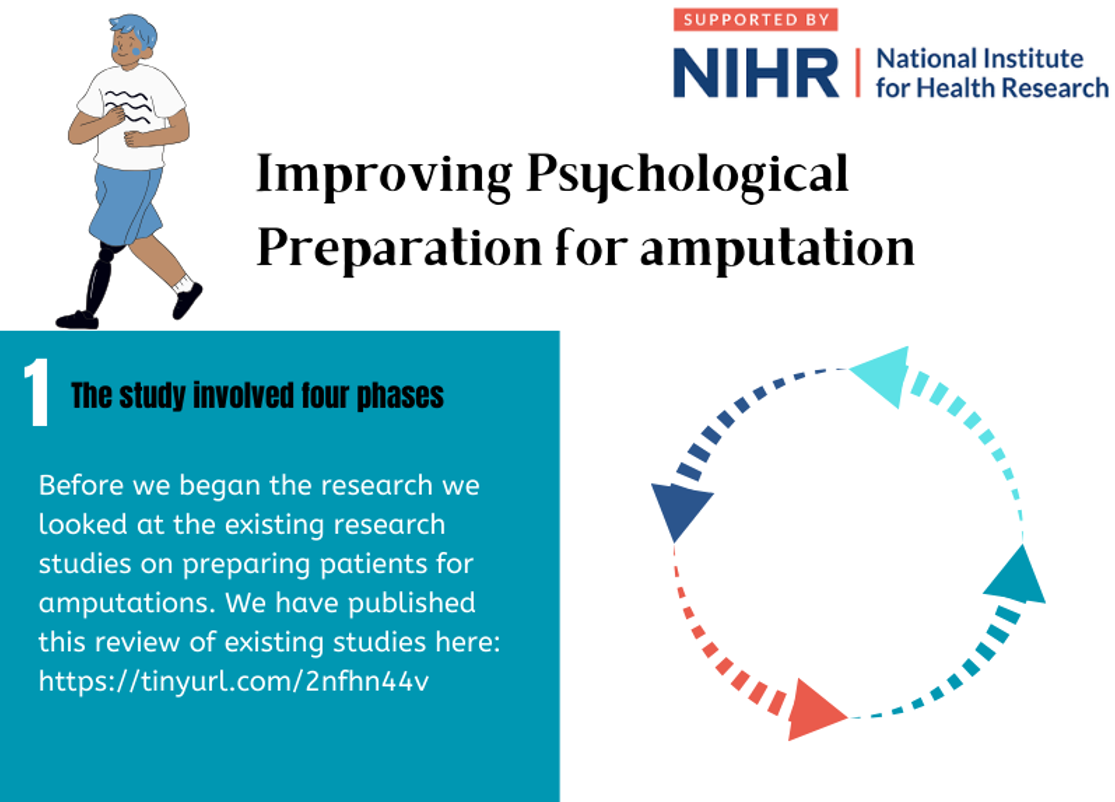Surgery for all
The surgery for all section is not just for surgeons, but for anyone who has an interest in surgery or surgical conditions. This section is a review of recent material published in non-medical literature which may interest both surgeon and non-surgeon alike.

Beyond the operating room: a patient’s perspective
Constance Pickett
What if—before my life changed forever—someone had told me the real questions to ask that could shape my recovery? What will my days really look like after surgery? What supports should I have in place—physically and emotionally—both before surgery and during recovery?
"Lying on my bathroom floor in the middle of the day, in tears from physical pain and emotional exhaustion, I feared my kids would come home and see me. In that moment, I realized what had never been made clear: even with excellent surgical care, I was unprepared for the lived experience of having a Lower Anterior Resection. As both a survivor and a counselor who now supports others navigating cancer survivorship, I see it over and over. This isn’t a gap in skill; it’s a gap in communication."
At 38, I was diagnosed with thyroid cancer, which resulted in a thyroidectomy. While this was considered a relatively "easy" surgery, the road afterward was far from simple. Trying to find the right balance of hormones created years of emotional instability—a possibility I was never told about.

Improving the pre-operative psychological preparation of amputation patients
Dr Esmée Hanna
Undergoing an amputation can be a life altering procedure for many patients. Despite this, we know relatively little about how best to support these patients to help ensure their psychologically prepared for what is to come. The pre-operative period is often compressed, with the need for surgery to be conducted urgently This presents a challenge for clinical staff in how best to help patients with preparing for what is to come. Our team at De Montfort University recently completed a four-year study to explore the psychological preparation of amputation patients. The study- ‘PreAmp’- aimed to understand more about how preparation work is currently conducted, to explore the barriers and facilitators to psychological preparation of patients, and then to work with patients and clinical staff to co-design resources to help support preparation. We conducted an extensive range of research activities, including a survey of healthcare staff, interviews with existing amputees, ethnographic observations of preparation work in vascular wards as well as interviews with healthcare professionals and patients in those wards.
We found that both patients and healthcare professionals feel that preparation is very important, but at present this often does not happen in the ways that both patients and staff would like it to. Good psychological preparation for amputation requires the provision of clear information, staff need to include patients in conversations about their care and patients need time and space to work through any questions they have. Preparation is very much a multidisciplinary activity and teams working together- with the patient as a central part of the team- is a key way of ensuring effective preparation. There is a need to include people who work outside of hospitals, such as social workers/ social care services in preparing patients, though often that does not happen and delays in discharge are often as a result of this. Vascular wards are very busy, with staff under significant pressures, and as a result there is often not a lot of time to spend on the preparation of patients. Vascular services cannot routinely access psychological services for their patients, yet this is a major need for patients who experience anxiety and distress as a result of the need for amputation. Often it is allied health professionals who have to attempt to counsel patients despite it not being their area of expertise. Patients would also like to be able to talk to existing amputees as part of their preparation, those with lived experience of amputation are seen as helpful to people about to have an amputation. From this research we then created resources to help with preparation for having amputations. We co-designed these resources with amputees and healthcare professionals to make sure they were fit for purpose. The resources we developed are:



.png)





.jpg)




